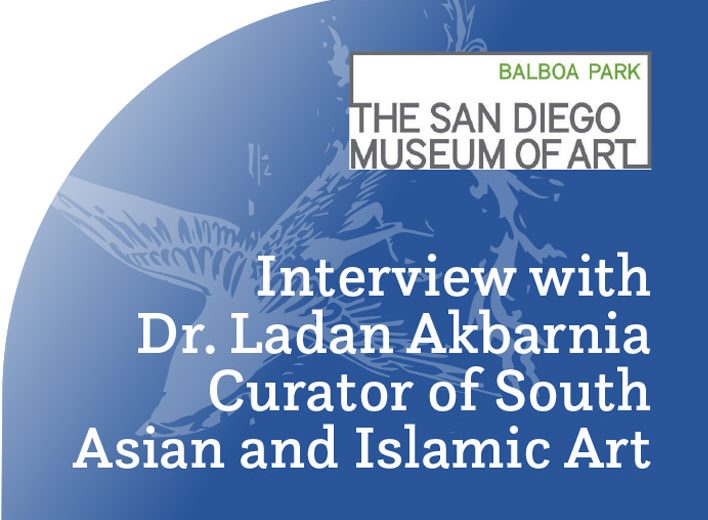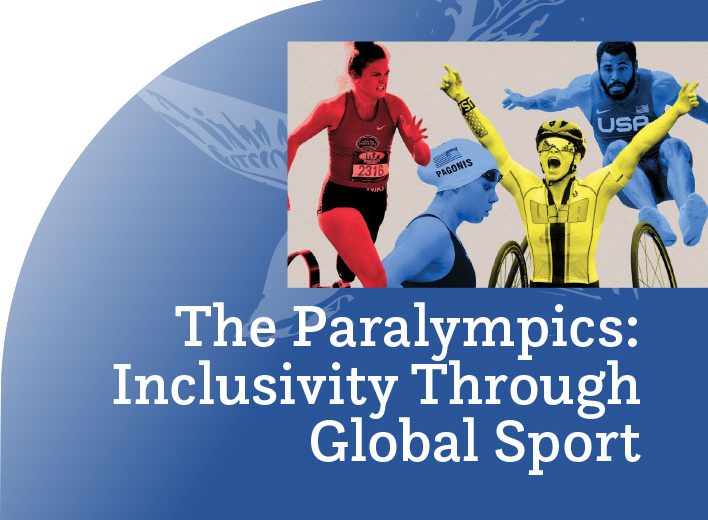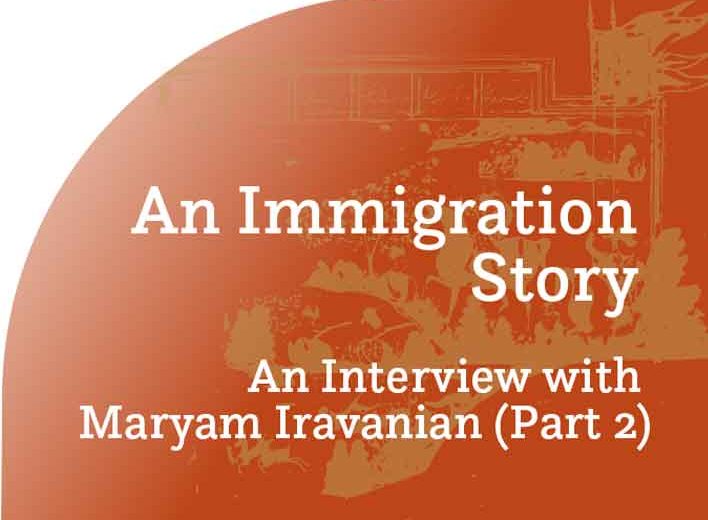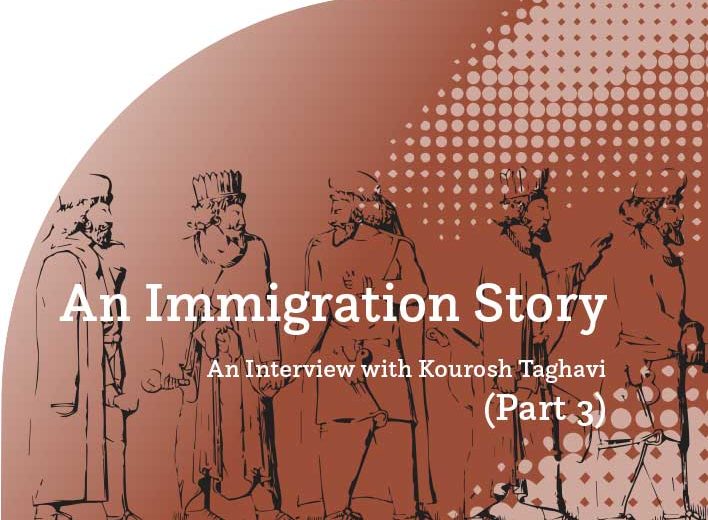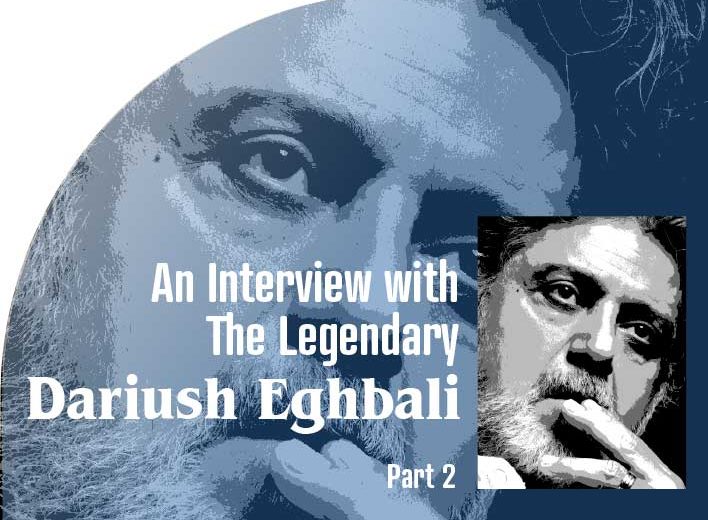An Immigration Story: Crossing The Border
An Interview with Mr. A (Part 4)

Leaving your homeland and residing in another—with a totally new culture, language, and set of laws and regulations—is very challenging and requires a lot of adaptation that, in most cases, is also very frustrating.
But, looking back at those challenges many years later makes some of them look funny, some amazing, and some, of course, sad. The truth is, no matter how we feel about them, the challenges are, for sure, part of the history of immigration that needs to be documented for use by our grandchildren or simply by historians to picture the hardship that first-generation Iranians had to go through to meet those challenges.
Peyk kicked off this column in 2021 with Reza Khabazian’s story, with a goal to encourage our readers to start telling their stories so we can present a diverse documentary. Now that Mr. Khabazian has published his story, it is time for new stories and new voices. This is the fourth and final part of Mr. A’s story; a new immigration story will appear in the next issue.
In the last three episodes, we introduced our readers to the challenges and hardships that Mr. and Mrs. A had to face as members of a religious minority (Bahá’í) both before and after the revolution. The hardship started by a group of Muslim mobs attacking their home, which resulted not only in the loss of some valuable belongings, but also the partial burning down of their house. After the revolution, both Mr. and Mrs. A were expelled from their government positions, which made them think about leaving Iran and taking refuge in one of the western countries. Unfortunately, the new Islamic laws prohibited them from obtaining passports due to their religious beliefs. Therefore, the only avenue open to them for leaving the country was an illegal border crossing which came with its own hardships. Following is the conclusion of my interview with Mr. A for this column in Peyk.
Reza Khabazian (RK): Mr. A, you have mentioned before that going through your exit from the country is very painful for you. While on behalf of Peyk magazine, I would like to thank you for taking all of us through your experience, whenever you feel uncomfortable, we can stop.
Mr. A: I appreciate your understanding, but the main reason I force myself to go through the pain is to let our new generation and some of the older generation realize how much hardship their countrymen and women had to go through only because of their beliefs.
RK: Absolutely. Let’s start.
Mr. A: It was close to sunset when our bus entered the city on our departure from the country. On the way, my wife and I were both worried and hopeful that our guide, Aziz, wouldn’t forget about us and would show up at the bus station to pick us up. A few long minutes passed and our bus pulled into the bus station and we departed the bus, waiting for our small luggage, when I heard my name. When I turned around, I saw a tall man with black hair and brown skin wearing a traditional outfit, offering his hands to shake mine.
• “Mr. A?’’ he said while smiling.
• “Yes,” I replied while shaking his hand.
• “I am Aziz. Welcome to our city.”
• “Thank you, Mr. Aziz, we were worried about what to do if we cannot find you.”
• “God forbid, how can I forget? You know that Mr. B, who is one of the clients of your uncle, is a good family friend. Not only my family, but the entire town respects him a lot. He insisted that I take good care of you.”
Shortly after we picked up our luggage, he guided us to his pickup truck and we started traveling toward his town. On the way, he tried to make us familiar with the procedure of border crossing.
• “Crossing the border sometimes is not possible on the first try and sometimes it is. It really depends on many factors, such as border patrols being sleepy or awake, clear or cloudy sky, moonlight shining heavy or light, and so on. I do my best to get you across safely when the time comes and for doing that, I need your cooperation, too.”
• “So, we are not going to start right away?” I asked in a hurry.
• “Oh no!” he replied while laughing hard. “First, you need to rest a few days at my house to save some energy to walk and climb. Second, I have to do some research to find out which night is the best. By the way, I hope you know how to use a gun?”
• “GUUUN?!!” my wife and I screamed simultaneously.
• “Yes,”’ he said, kind of surprised.
• “No,” I replied cautiously.
• “You need one, Mr. A, as a means of protection. Didn’t you go to military service?”
• “I did, but to your surprise, I asked a friend to shoot the bullets for me,” I said while smiling.
• “Oh no!” he said while banging his forehead with his palm.
• “Why do I need to have a gun, Mr. Aziz?” I asked.
• “Well, there are many unexpected things in the mountain trails—animals, intruders, and so on. We need to protect ourselves. I always wear one when I go to the mountain. I was hoping that you could wear one, too,” he replied in a very serious tone.
After almost two hours of driving, we reached his small town and were greeted warmly by Aziz’s family. We stayed at his house for a few days waiting for him to start the journey. As we stayed and had more chances to talk to him and his family, a sense of trust was getting intensified in us. They had a warm home with warm hearts and a simple life. Many times, my wife and I were wishing to be in their place, enjoying the same lifestyle and be as happy as they were.
Finally, after five or six days, the time came to start facing the uncertainties. Aziz’s family members were saying goodbye to us with their wet eyes. His wife was praying constantly for our safety. It was a very emotional moment for us, too. It was past midnight when we reached a mountain top. For the first time, we saw some lights from a village far away from us. We were very tired; our feet were sore. We were not used to climbing nonstop, but for Aziz it was a piece of cake.
As directed by Aziz, we hadn’t talked at all for the past five or six hours, walking and climbing in pure silence. When we finally reached the mountain top, he stopped in front of a run-down hut and gave us a signal to get in. The inside was totally dark with only a shadow of moonlight helping us to see just enough to not run into each other. Aziz got close to me and whispered:
“This is where shepherds rest during the day. You guys need to rest and wait here for me. I must get a little further and inspect the situation making sure if it is safe to go any further. Don’t forget not to talk loudly or come out of this hut.”
My expectation was that he would be back soon. Although we were exhausted, the sense of worriness in our mind never allowed us to sleep. The wait got longer and longer; every second seemed like an hour. We were sitting in complete silence, each one of us in our own solitude.
A few long minutes passed and there was no sign of Aziz returning. After quite some time, when I realized my wife fell asleep, I closed my eyes. While trying to rest and think positively, all of a sudden I heard footsteps outside. Thinking that it must be Aziz, I went out of the hut and to my surprise, I saw two men walking toward the hut. As soon as they saw me, they stopped and said something that I did not understand. After a few seconds, one of the men repeated himself and I started to walk back toward the hut. Their voices talking to each other must have woken up my wife who appeared at the doorstep of the hut.
• “What do they say?” she asked with a very worried voice.
• “I don’t know, you go inside and do not come out,” I whispered.
She went inside. The two men looked at each other and whispered something. One of the men started to walk toward the hut and I decided to stop him right away. I grabbed him and pushed him away. The second man approached me and all of a sudden I felt an unbearable pain in my skull and passed out.
RK: Wow. What a terrible experience. Now I know why it was so hard for you to talk about it.
Mr. A: Yes. It was. Maybe that was a reason that Aziz liked for me to carry a gun.
RK: Are you okay now to continue?
Mr. A: (After a long silence) When I opened my eyes, I was inside the hut with Aziz and my wife looking over me. Both had a deep worry in their eyes as far as I could see in that dark environment.
• “Are you okay?” I asked her.
• “Yes, I am,” she replied and started to cry.
• “What happened? Who were they?” I asked Aziz
• “Not to worry. Thank God I got here on time. As soon as they saw my gun aiming at them, they left. We don’t have too much time. We have to cross before dawn. I hope you can walk.”
The rest of the way was downhill; we did not waste any time to continue. It took us about one hour to get to the first village where we officially started our lives as immigrants.
RK: How did you get to the United States?
Mr. A: Within a few days of our arrival, we traveled to the capital and went straight to the US embassy. From that point on, the process was not hard at all. They issued us asylum and sent us to San Diego. Everything seemed to be okay except considering what we had to go through, my wife never ever lived a normal life. She was depressed, missing her homeland and her family, and that terrible experience in the mountains never left her alone until her last days.
RK: Last days? What happened to her?
Mr. A: I lost her to depression.
RK: I’m so sorry to hear that. What a loss. I remember seeing her periodically when my family and I moved to San Diego and became your neighbors in the same apartment complex. I remember how quiet she was, hardly talking. She even taught Farsi to my kids. Could you please tell our readers what happened to the rest of your family, like your uncle?
Mr. A: Most of them left the country. My uncle and his family left about fifteen years after my wife and I did when, finally, the government agreed to issue them passports. Now the whole family is scattered all over the world—Canada, America, Europe, Australia, New Zealand, and so on.
RK: Thank you, Mr. A, for sharing your story with us, as hard as it was for you to take us through it.


